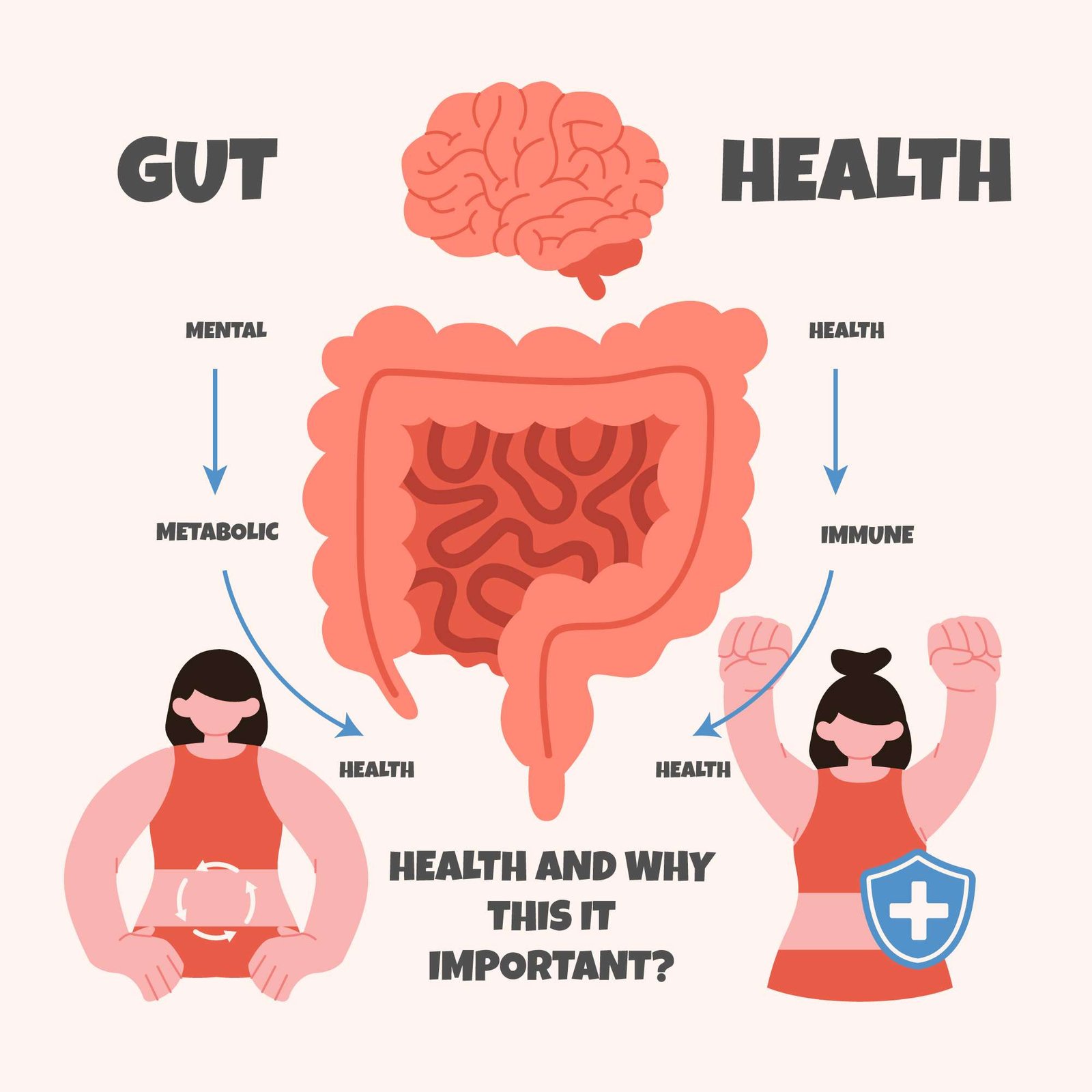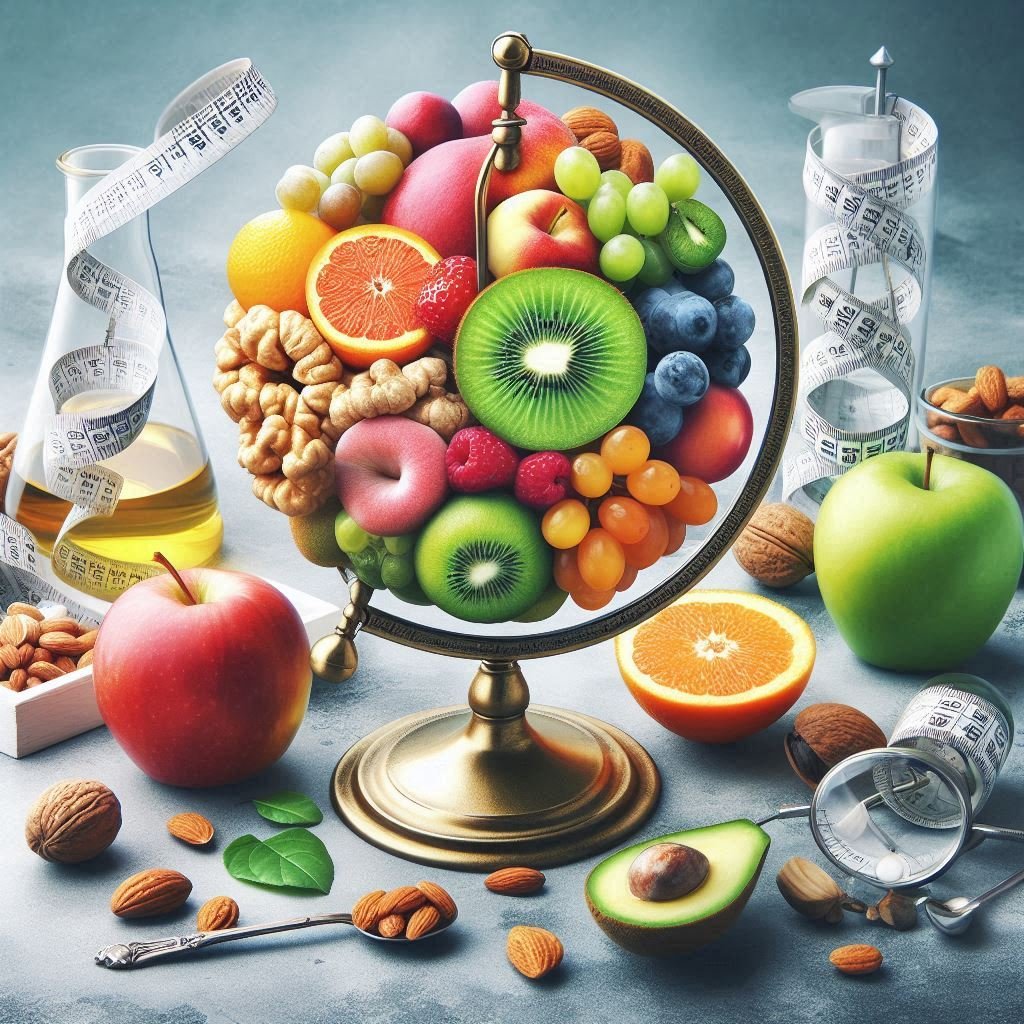The Ultimate Guide to the Best Vitamins for Digestive Health
Our digestive system is a vital component of our overall health and well-being. It is responsible for breaking down food, absorbing essential nutrients, and eliminating waste. To ensure optimal functioning of our digestive system, it is crucial to include the right vitamins in our daily diet. Below, we delve into the best vitamins for digestive health and how they can significantly benefit your overall well-being.
Vitamin B12
Vitamin B12 is indispensable for maintaining a healthy digestive system. It plays a pivotal role in the production of red blood cells, crucial for oxygen transportation throughout the body. A deficiency in vitamin B12 can result in various digestive issues like constipation, bloating, and diarrhea. Incorporating foods rich in vitamin B12, such as fish, meat, dairy products, and fortified cereals, into your diet can effectively support a healthy digestive system.
- Red blood cell production
- Oxygen transportation
- Foods rich in vitamin B12
Vitamin D
Vitamin D is essential for a robust immune system and aids in the absorption of calcium in the gut. Insufficient levels of vitamin D have been associated with digestive disorders like inflammatory bowel disease and irritable bowel syndrome. Including foods abundant in vitamin D, such as fatty fish, eggs, and fortified foods, in your diet can contribute to a well-functioning digestive system.
- Immune system support
- Calcium absorption
- Foods rich in vitamin D
Vitamin C
An influential antioxidant, vitamin C safeguards the cells in the digestive system from damage caused by free radicals. It also contributes to collagen production, vital for intestinal health. Consuming foods high in vitamin C, like citrus fruits, bell peppers, and strawberries, can aid in maintaining a healthy digestive system.
- Antioxidant properties
- Collagen production
- Foods rich in vitamin C
Vitamin A
Vitamin A is crucial for sustaining the health of the mucus membranes in the digestive tract and aids in the production of digestive enzymes essential for food breakdown. Including foods rich in vitamin A, such as sweet potatoes, carrots, and spinach, in your diet can play a significant role in supporting a healthy digestive system.
- Mucus membrane health
- Digestive enzyme production
- Foods rich in vitamin A
Vitamin E
A potent antioxidant, vitamin E shields the cells in the digestive system from damage and facilitates the absorption of fat-soluble vitamins crucial for overall health. Incorporating foods rich in vitamin E, such as nuts, seeds, and leafy greens, into your diet can help promote a healthy digestive system.
- Antioxidant benefits
- Fat-soluble vitamin absorption
- Foods rich in vitamin E
In addition to incorporating these vital vitamins into your diet, maintaining a healthy lifestyle through a balanced diet, adequate hydration, and regular exercise is essential. By following these guidelines and integrating the best vitamins for digestive health into your daily routine, you can effectively support a healthy digestive system and overall well-being.
FAQ about Vitamins for Digestive Health
1. What are the best vitamins for digestive health?
The best vitamins for digestive health are Vitamin B12, Vitamin D, Vitamin C, Vitamin A, and Vitamin E.
2. How does Vitamin B12 benefit digestive health?
Vitamin B12 is essential for maintaining a healthy digestive system as it plays a key role in the production of red blood cells, which are necessary for transporting oxygen throughout the body.
3. What foods are rich in Vitamin C?
Foods rich in Vitamin C include citrus fruits, bell peppers, and strawberries.
4. Why is Vitamin A important for digestive health?
Vitamin A is important for maintaining the health of the mucus membranes in the digestive tract and plays a role in the production of digestive enzymes that help break down food.



